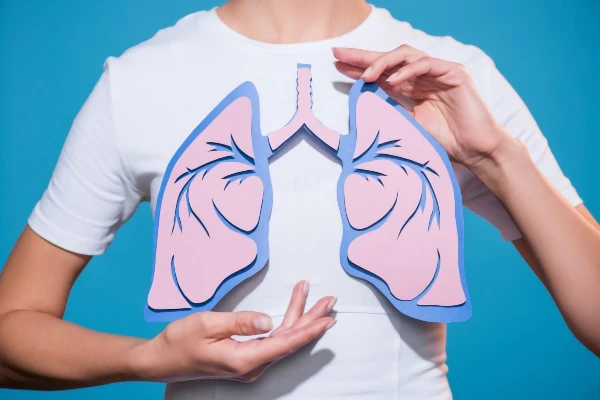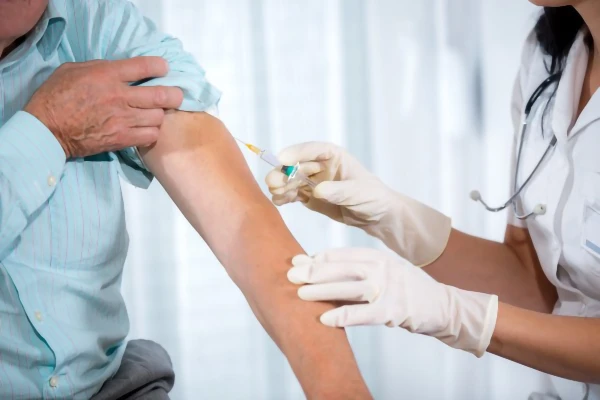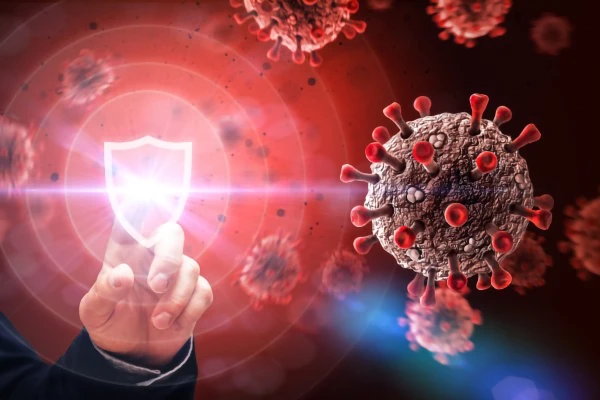We use cookies to help provide you with the best possible online experience.
By using this site, you agree that we may store and access cookies on your device. Cookie policy.
Cookie settings.
Functional Cookies
Functional Cookies are enabled by default at all times so that we can save your preferences for cookie settings and ensure site works and delivers best experience.
3rd Party Cookies
This website uses Google Analytics to collect anonymous information such as the number of visitors to the site, and the most popular pages.
Keeping this cookie enabled helps us to improve our website.
West Meads Surgery
FacebookLatest Practice News
All the latest news and information from the surgery and our patient community
 Breathe Easy Lates
Breathe Easy Lates is a free, monthly online group for people with lung conditions, held on the last Tuesday of each month at 6:30pm.
08/09/2025
Breathe Easy Lates
Breathe Easy Lates is a free, monthly online group for people with lung conditions, held on the last Tuesday of each month at 6:30pm.
08/09/2025
 Twiddle Muffs for Patients
We are incredibly grateful to our patient, Paula, for her generosity in making 7 beautiful twiddle muffs for our patients.
05/09/2025
Twiddle Muffs for Patients
We are incredibly grateful to our patient, Paula, for her generosity in making 7 beautiful twiddle muffs for our patients.
05/09/2025
 Flu Clinics Starting in October!
Protect Yourself This Season
05/09/2025
Flu Clinics Starting in October!
Protect Yourself This Season
05/09/2025
 Summer Ready
MHRA issues updated guidance on medicines and medical devices during holiday season. Read more...
20/08/2025
Summer Ready
MHRA issues updated guidance on medicines and medical devices during holiday season. Read more...
20/08/2025
 Injectable Medicines Used For Weight Loss
Read more...
25/06/2025
Injectable Medicines Used For Weight Loss
Read more...
25/06/2025
 Important Notice
Managing Missed Appointments! Read more....
20/06/2025
Important Notice
Managing Missed Appointments! Read more....
20/06/2025
 Pharmacy First
You can now pop along to your local pharmacy for treatment of common conditions. Read more...
21/02/2024
Pharmacy First
You can now pop along to your local pharmacy for treatment of common conditions. Read more...
21/02/2024
